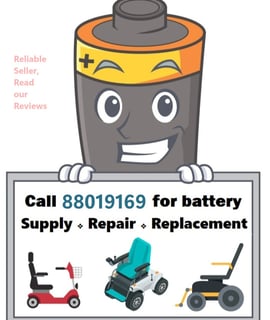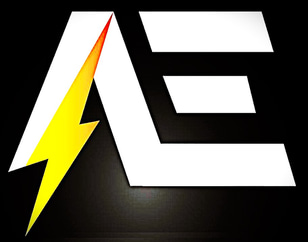Battery Care
How to care for your battery and extend its life cycle.

Protecting your batteries
battery care is essential, below you will find some useful pointers to note ...
1. Alkaline Batteries:
Usage: Suitable for low-drain devices (e.g., remote controls).
Charge: Non-rechargeable, do not attempt to charge.
Storage: Store in a cool, dry place at room temperature.
Disposal: Recycle at designated collection points.
2. Lithium-ion Batteries:
Usage: Common in smartphones, laptops, and electric vehicles.
Charge: Use an appropriate charger, avoid overcharging (unplug when fully charged).
Storage: Store at 50% charge in a cool, dry place.
Disposal: Recycle at a specialized e-waste facility.
3. Nickel-Metal Hydride (NiMH) Batteries:
Usage: Suitable for high-drain devices (e.g., digital cameras).
Charge: Use a NiMH charger, avoid overcharging.
Storage: Store at 50% charge in a cool, dry place.
Disposal: Recycle at designated collection points.
4. Lead-Acid Batteries:
Usage: Used in automobiles and backup power systems.
Charge: Use a suitable charger, avoid overcharging.
Storage: Keep fully charged and in a well-ventilated area.
Disposal: Recycle at automotive shops or recycling centers.
5. Nickel-Cadmium (NiCd) Batteries:
Usage: Less common due to toxicity concerns.
Charge: Use a NiCd charger, avoid overcharging.
Storage: Store at 50% charge in a cool, dry place.
Disposal: Recycle at designated hazardous waste facilities.
6. Rechargeable Lithium Batteries (LiFePO4):
Usage: Used in renewable energy systems and electric vehicles.
Charge: Use a compatible charger, avoid overcharging.
Storage: Store at 50% charge in a cool, dry place.
Disposal: Recycle at specialized facilities for lithium batteries.
7. Zinc-Carbon Batteries:
Usage: Rarely used due to low capacity.
Charge: Non-rechargeable, do not attempt to charge.
Storage: Store in a cool, dry place at room temperature.
Disposal: Recycle at designated collection points.
8. Silver-Oxide Batteries:
Usage: Common in watches, calculators, and medical devices.
Charge: Non-rechargeable, do not attempt to charge.
Storage: Store in a cool, dry place at room temperature.
Disposal: Recycle at designated collection points.
9. Zinc-Air Batteries:
Usage: Often used in hearing aids.
Charge: Non-rechargeable, do not attempt to charge.
Storage: Store with the tab intact to prevent discharge.
Disposal: Recycle at designated collection points.
10. Sodium-ion Batteries:
Usage: Emerging technology for various applications.
Charge: Use a compatible charger, follow manufacturer's guidelines.
Storage: Store at a moderate charge level in a dry place.
Disposal: Currently, recycling options are limited; consult local regulations.
Always check manufacturer recommendations for specific battery care instructions, as they may vary slightly depending on the brand and model. Proper care extends the lifespan of batteries and reduces environmental impact.


